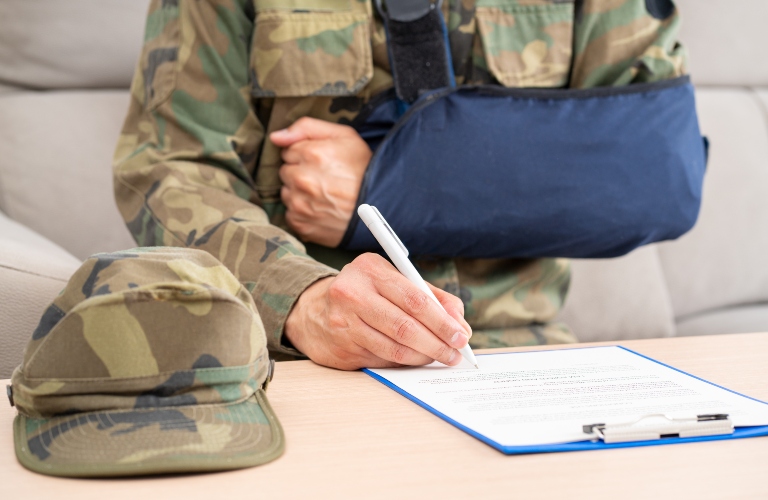When you file a claim for VA disability benefits, you may receive a determination you disagree with. For example, the VA may deny your claim if it determines you do not qualify for benefits. Alternatively, the VA may rate your disability lower than you expected. Fortunately, the VA offers an appeals process that involves several steps, including requesting a supplemental claim or higher-level review, filing an appeal with the Board of Veterans’ Appeals, an administrative court within the Department of Veterans Affairs, or further filing an appeal with the Court of Appeals for Veterans Claims, a federal court tasked with hearing appeals from the Board of Veterans’ Appeals. But how often do veterans succeed in appeals of their VA disability benefits claims? Do you have a chance of winning an appeal with the VA?
VA Appeal Statistics
In one recent year, the Board of Veterans Appeals reported that, under the legacy system for VA appeals, approximately 60 percent of appeals resulted in a remand (where the Board returns a case to a regional office for further development of the record), 19 percent of appeals being allowed, which resulted in a veteran receiving some relief on their claim directly from the Board, 16 percent of appeals resulted in denials affirming the regional office’s decision, and four percent of appeals resulted in another outcome, such as dismissal, vacatur, or motions for reconsideration. Conversely, the new appeals system implemented in response to the Veterans Appeals Improvement and Modernization Act of 2017 resulted in approximately 39 percent of appeals resulting in remands, 28 percent of appeals being allowed, 16 percent of appeals being denied, and 17 percent of appeals resulting in dismissal, vacatur, or reconsideration.
Factors That Can Affect Your Chances on Appeal
Some of the factors that will affect your likelihood of success in an appeal of your VA disability benefits claim include:

- The strength of your evidence: Having quality evidence, including medical records, extensive service records, and buddy statements from fellow servicemembers, commanding officers, family, and friends, can strengthen your case in an appeal
- The type of appeal: Pursuing every available step of the appeals process, including filing a supplemental claim, requesting a higher-level review, or appealing to the Board of Veterans’ Appeals and the Court of Appeals for Veterans Claims, can increase your chances of succeeding at one level of appeal.
- Complexity of the facts: Some cases involve disabilities that veterans may have difficulty connecting to their military service.
- Clear prior errors: You may have an easier time on appeal when claims reviewers made clear errors in reviewing your application, such as when reviewers overlook compelling evidence of disability or service connection.
Finally, the quality of your legal representation can also improve your chances on appeal, as a compelling advocate can present a persuasive argument to support your claim.
How to Improve Your Likelihood of Success
You can give yourself the best chance in an appeal of your VA disability claim by following best practices such as:
- Gathering the most current medical evidence, including recent narrative letters from your treating providers
- Selecting the most appropriate avenue of appeal for your circumstances
- Keeping an eye on deadlines to ensure you file your appeal on time
- Working with an experienced VA disability attorney with a proven track record of success in appeals
Contact a VA Disability Lawyer for Help with Your Appeal
When you wish to challenge the VA’s initial determination of your disability benefits claim, such as a denial of your claim or your disability rating, filing an appeal can help you pursue the benefits you want and deserve. Contact Veteran Esquire Legal Solutions, PLLC, today for a free, no-obligation consultation with a VA disability benefits attorney to discuss your legal options.

